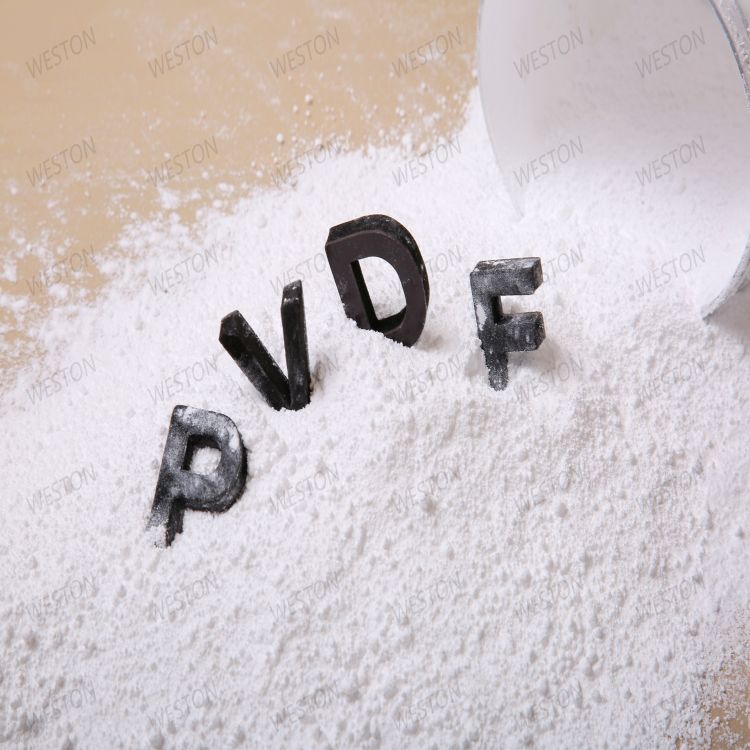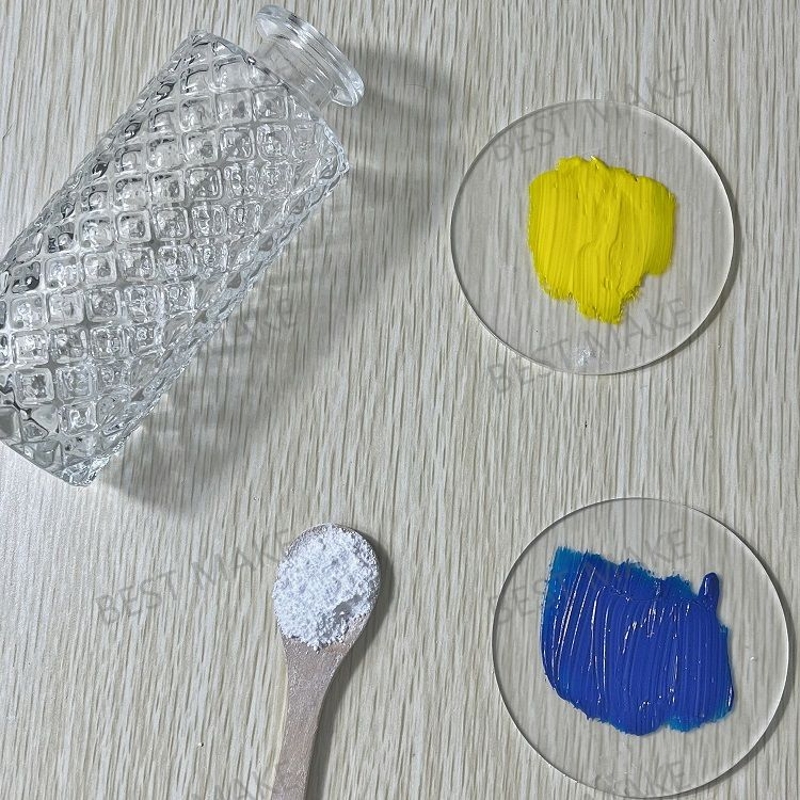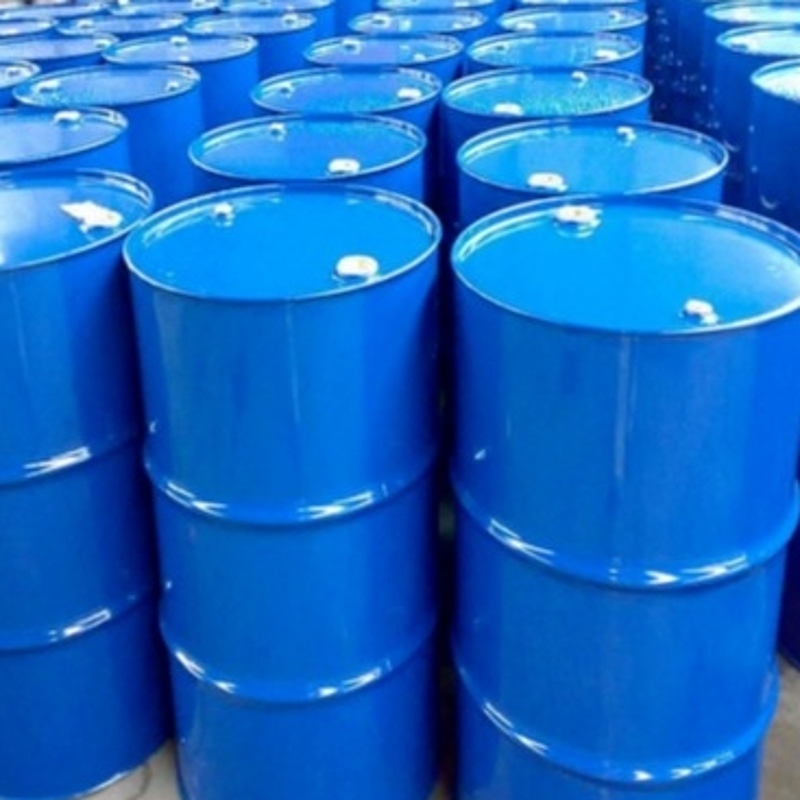-
Categories
-
Pharmaceutical Intermediates
-
Active Pharmaceutical Ingredients
-
Food Additives
- Industrial Coatings
- Agrochemicals
- Dyes and Pigments
- Surfactant
- Flavors and Fragrances
- Chemical Reagents
- Catalyst and Auxiliary
- Natural Products
- Inorganic Chemistry
-
Organic Chemistry
-
Biochemical Engineering
- Analytical Chemistry
- Cosmetic Ingredient
-
Pharmaceutical Intermediates
Promotion
ECHEMI Mall
Wholesale
Weekly Price
Exhibition
News
-
Trade Service
Chemical kinetics not only pays attention to the influence of reactant concentration on the reaction rate, but also pays attention to the change of reactant concentration over time
.
Using the differential expression of the reaction rate equation to derive the corresponding integral expression, the relationship between reactant concentration and time can be obtained
1.
Zero-order reaction
The characteristic of the zero-order reaction is that the reaction rate has nothing to do with the concentration of the reactants
.
A zero-order reaction
A=B
If the reaction rate is expressed by the change in the concentration of reactant A, the differential expression of the reaction rate equation is
Organize, get
-d[A]=kdt
If the initial concentration of reactant A is [A] 0 , and the concentration at time t is [A] t , integrate both sides of the above formula at the same time
Get
[A] t -[A] 0 =-k t
Organize, get
[A] t =[A] 0 -k t
The above two formulas are the integral expressions of the zero-order reaction
.
If the initial concentration of the reactant and the rate constant k are known, the concentration of the reactant at any time can be obtained through the integral expression
The integral expression of the zero-order reaction can also be written as
[A] 0 -[A] t =k t
That is, the change in reactant concentration is proportional to time
.
This is one of the characteristics of the zero-order reaction
[Example 3-2] Reaction A=B is a zero-order reaction, and reactant A consumes 25% in 100 minutes
.
Calculate how much reactant A consumes at 200 min
Solve and set [A] 0 =1mol·dm -3 , then [A] 100 mim =0.
75mol·dm -3
[A] t =[A] 0 -k t
Get
0.
75=1-k×100
k=2.
5×10 -3 (mol·dm -3 .
min -1 )
At 200min
[A] 200 mim =1-2.
5×10 -3 ×200=0.
5(mol·dm -3 ), 50% consumed
Another solution:
by
[A] 0 -[A] t =kt
At 100min
[A] 0 -[A] 100 min =k×100
At 200min
[A] 0 -[A] 100 mim=k×200
Divide the two formulas, get
[A] 200 min=0.
5(mol·dm -1 ), 50% consumed
The reaction was consumed half the time required for the half-life is called, with T 1/2 expressed
.
The size of the half-life can also reflect the speed of the reaction rate.
Substitute the concentration when the reaction reaches the half-life [A] t =1/2[A] 0 into the zero-order reaction integral expression
1/2[A] 0 =[A] 0 -kt 1/2
Organize, get
It can be seen that the half-life of the zero-order reaction is directly proportional to the initial concentration of the reactants and inversely proportional to the rate constant of the reaction
Related link: The influence of reactant concentration on reaction







